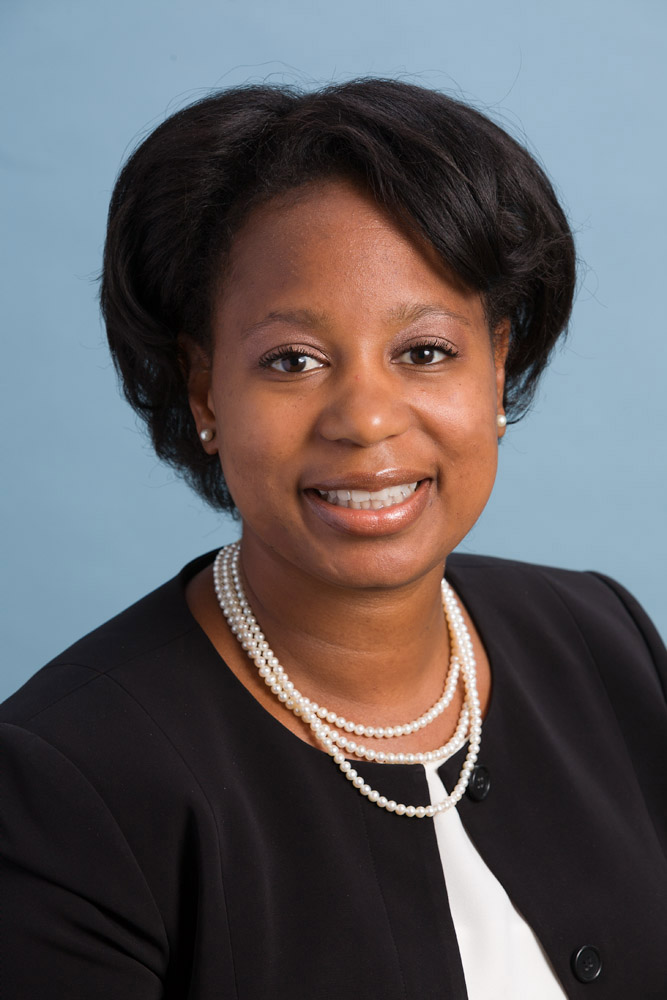 This post is by Tiffany Donelson, the foundation’s vice president of program.
This post is by Tiffany Donelson, the foundation’s vice president of program.
1. It’s okay to ask for more information before you apply.
The best conversations I’ve had with potential grantees are those that begin with this inquiry: “I just want to understand more how you approach your work at the foundation.” If you can get a feel for what a funder is committed to and how they do their work, then you can really determine if your project aligns with their funding priorities.
2. We fund systems change.
We focus on projects with the potential to create broader changes or those that can elevate the voice of communities most affected by health equity issues. What does that mean? We wouldn’t fund a clinic to hire a social worker, but we might fund the same organization to pilot different models of delivering behavioral health services in primary care offices and develop a business plan for ensuring the best model is sustainable. We wouldn’t give money for school-based health centers to maintain their operations, but we have awarded grants to help them develop the capabilities to develop plans for long-term sustainability. We wouldn’t pay for an organization to hire a lobbyist, but we have awarded grants to help church leaders and congregants participate in legislative advocacy on health issues affecting their communities.
3. Our definition of health equity focuses on people of color.
There are many ways to define health equity, and there’s lots of valuable work taking place involving vulnerable populations. Our foundation uses a specific definition of health equity: We focus on achieving health equity through the elimination of racial and ethnic health disparities. We’ve based this focus on Connecticut data, which shows that there are significant health disparities specifically for people of color.
4. Don’t take it personally if we don’t accept your proposal.
Part of my job, unfortunately, is saying no. There are far more worthy projects than we have the resources to fund. Because of that, we identify funding priorities to ensure we are using our limited dollars to achieve the greatest impact. If we say no to your project, please know that we respect that you’re doing good work; it simply may not align with our funding priorities.
5. Staying in touch is worthwhile.
Just because your work doesn’t align with our priorities today doesn’t mean it won’t in the future. We welcome relationships, even if we don’t fund your proposal, and invite you keep us posted on your work. The more you bring us into your world, the better the chance that we may see ways our work could align with yours in the future.